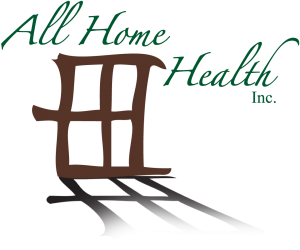The winter months can be challenging for everyone, particularly older adults, due to ice, snow, and cold temperatures. Illnesses and injuries caused by slick sidewalks and cold weather tend to affect seniors more severe than younger people.
Keep these tips in mind to stay one step ahead of winter:
Avoid walking on slippery surfaces
Even though that may seem like an obvious statement, the risks of slipping and falling cannot be overstated. Among the serious injuries that can result from falls are fractures of the hip and wrist, head trauma, and major lacerations. Falls are one of the leading causes of both fatal and nonfatal injuries among older Americans, according to the Centers for Disease Control and Prevention (CDC).
For safe walking, wear shoes with good traction and nonslip soles; replace a worn cane tip to make walking easier; remove shoes as soon as you return indoors because snow and ice can attach to the soles and, once melted, can make the inside slippery.
Dress for warmth
The aging body produces less heat than it did when it was young, making hypothermia more likely. People with strokes, Parkinson’s disease, severe arthritis, even some medications, may find it more difficult to regulate their response to the cold.
Dress in layers if you’re braving the cold. You should wear warm socks, a coat, a hat, gloves, and a scarf. Ensure that all exposed skin is covered and that your mouth and lungs are protected with a scarf.
Fight wintertime depression
Seniors have less contact with others during cold months because it can be difficult and dangerous to get around. They may feel lonely.
If you live alone, make sure family members, friends, and neighbors check up on you as often as possible. Are you feeling lonely? Call a friend. A short phone call every day can make a big difference.
Prepare for power outages
If you are not prepared, winter storms can cause power outages, leaving you in a life-threatening situation.
Prepare for a power outage by having flashlights, a battery-powered radio, warm clothing and blankets, and fully charged cell phones handy. Ensure that you have three days’ supply of non-perishable food, water, and medications.
Ask for help
Family members and neighbors may offer assistance, but may not always be available. Consider hiring a home health aide who can helassist you in keeping warm, safe, and prepared for the winter months.
A home health aide can ensure that seniors remain safe at home throughout the winter season. Assisting with dressing warmly, walking safely, providing transportation to and from appointments, and running errands. Having their companionship can bring some sunshine to otherwise dreary and cold days.
How prepared are you for winter? What are your biggest challenges?
